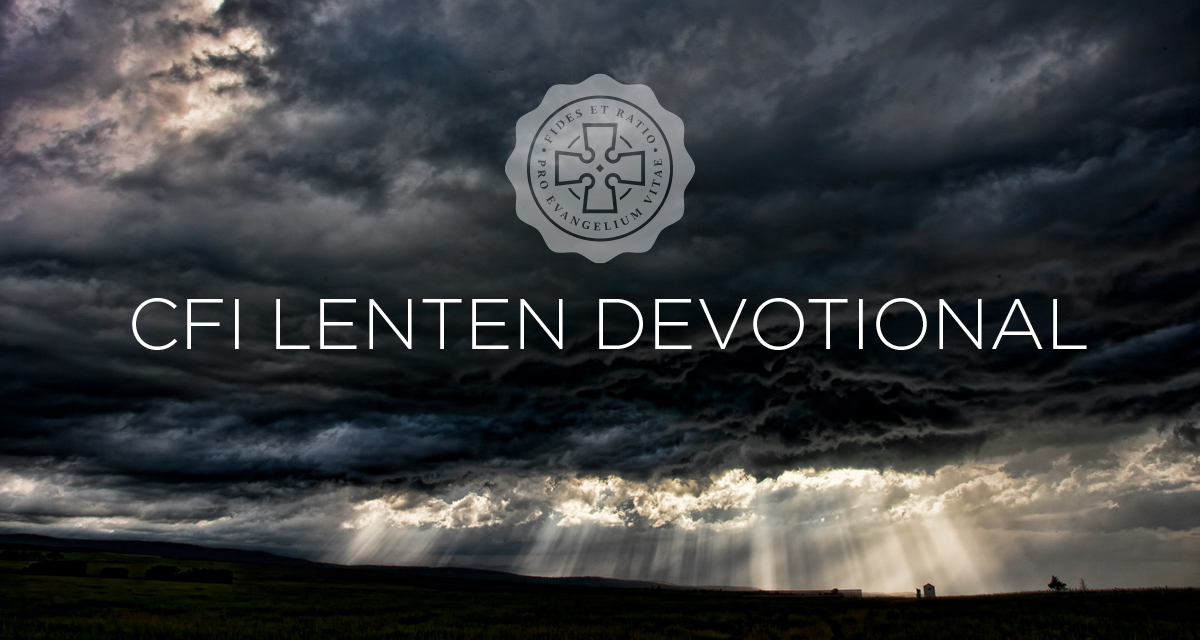Lenten Devotional: Laetare
During Lent, the Center for Faith and Inquiry (CFI) shares weekly meditations penned by members of the Gordon community. Join CFI this Lenten season in prayer, in contemplation and in anticipation. Sign up to receive these devotions in your inbox weekly >
Fourth Sunday: Psalm 23 and Ephesians 5:8–14
Our theme is “Courage in Crisis”; the etymology of the word “courage” relates to the heart, whereas “crisis” goes back to the mind, the idea of discernment, of calling for a decision, hopefully a wise one. So . . . the heart and the mind, courage and wisdom.
The word “crisis” nowadays indicates a moment of truth, a point where things have gotten out of control; we may not be sure what will happen next, and how (or if) we should react. This fear of the unknown calls for both wisdom and courage, both essential for the Christian seeking to faithfully follow God’s will.
We have seen crises on the international level, the national level and here on our own campus. The obvious world crisis is the coronavirus, whose one-year “anniversary” has recently taken place. How much heartache, how many struggles, how much death and suffering has there been, as health-care workers, nursing home staff, teachers, family members, politicians and others have agonized over the right decision—along with being accused of lacking courage or wisdom or both.
Much closer to home, we have witnessed hateful acts directed against members of our own campus family. Another type of crisis, again crying out for both courage and discernment.
In the midst of these crises, we find ourselves in the fourth Sunday of Lent, traditionally known as “Laetare Sunday”; laetare is the Latin for “rejoice”—Lent is half over, and the joy of Easter is approaching.
As Psalm 23 indicates, I may have experienced the “darkest valley” (verse 4), and I may feel that I am “in the presence of my enemies” (verse 5), yet I am promised to “dwell in the house of the LORD forever” (verse 6)—a reason for courage and a cause for great rejoicing.
Similarly, our reading from Ephesians 5 exhorts us to abandon “fruitless deeds of darkness” (verse 10), something which also requires both courage and wisdom. But how? Surely not by means of our own strength. No, as we proceed towards the pain of Good Friday and then the joy of Easter Sunday, we can do no better than to . . . “fix our eyes on Jesus, the author and perfecter of our faith, who for the joy set before him endured the cross, scorning its shame, and is seated at the right hand of the throne of God” (Hebrews 12:2).
By Graeme Bird, Associate Professor of Linguistics and Classics
 The Bell
The Bell